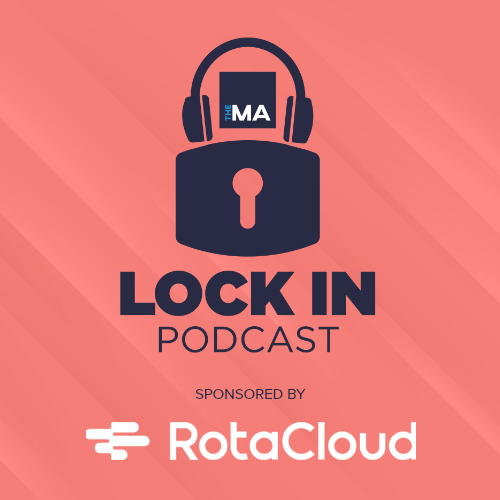Minimum wage to rise by 3% to £6.70

The rates – which represent the largest real-terms increase since 2008 - were recommended by the Low Pay Commission in February.
However, the Government did not accept its recommendation for apprentices, which will increase by 57p an hour to £3.30 – a 20% rise, representing the largest ever increase for apprentices. The Low Pay Commission had recommended that the apprentice rate should increase by 2.6% to £2.80.
The rate for 18-20 year-olds will increase by 3.3% to £5.30 per hour, while the rate for 16 to 17 year-olds will increase by 2.2% to £3.87 per hour.
The Government also said it will launch a consultation with businesses on the future of the National Minimum Wage rate for apprentices and introduce a new digital apprenticeship voucher, to simplify the process for employers and give them the “purchasing power” over the government contribution to apprenticeship funding.
It will involve employers registering their details on a system being developed by the Skills Funding Agency, which will then work out a discounted rate at which employers can purchase training. The business will then be able to pass on the voucher code to the provider that is delivering training for their apprentice.
Security
Prime Minister David Cameron said: “At the heart of our long-term economic plan for Britain is a simple idea – that those who put in, should get out; that hard work is really rewarded; that the benefits of recovery are truly national.
“That’s what today’s announcement is all about – saying to hardworking taxpayers, this is a government that is on your side. It will mean more financial security for Britain’s families; and a better future for our country.”
David Norgrove, chair of the Low Pay Commission, welcomed the “headline rates” but said he was disappointed the Government did not accept its recommendation on the level of the apprentice rate.
“We based our judgement on a careful assessment of the evidence, seeking to benefit apprentices while also protecting the supply of places,” he said.
'Apprentice rate may be detrimental'
The Association of Licensed Multiple Retailers welcomed the main wage increase but sounded a note of caution over the large rise in the apprenticeship rate.
Chief executive Kate Nicholls said: “We are glad that the Government has accepted most of the Low Pay Commission’s recommendations and recognised the very real pressures being placed on businesses in terms of labour costs and tightening margins, reflected by the modest increases in most rates.
"We are also pleased to see the importance of keeping youth rates affordable for businesses recognised, but the increase in the apprenticeship rate may be detrimental to the excellent work done in increasing training and skill levels.
“Keeping wages affordable is a good first step but we would also like to see increased support, particularly for adult apprentices. The rise in the apprentice rate will increase the need for fully-funded apprenticeships for 19-24 year olds and we are also calling for additional funding for over-25s to encourage those people who have not been through higher education to discover the range of careers our sector offers.”
Brigid Simmonds, BBPA chief executive, added: "In these tough economic times, it is understandable that action has been taken to help those on the lowest incomes, but there is no doubt that rising costs present challenges for a very highly taxed sector like the pub industry. These minimum wage increases reinforce the overwhelming case for lower taxation. I hope that tomorrow’s Budget will reflect these concerns with a third, historic beer duty cut."







